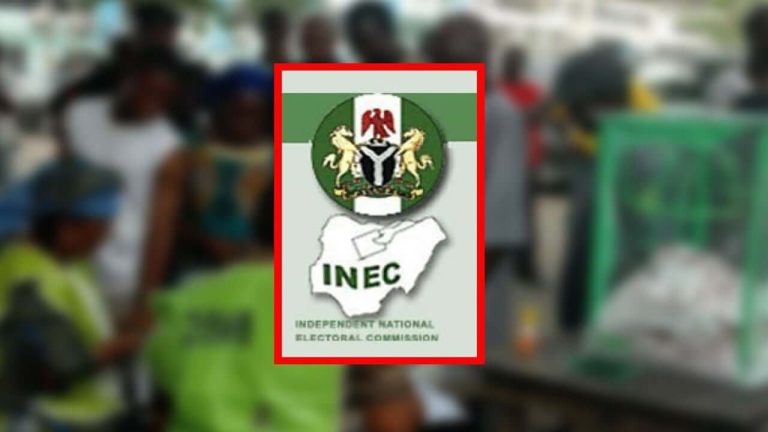The Independent National Electoral Commission (INEC) has created an Artificial Intelligence (AI) division to enhance its capacity for data-driven decision-making, risk detection and mitigation as well as deepening voter services automation.
This was contained in a statement issued Thursday by INEC National Commissioner and Chairman of its Information and Voter Education Committee, Mr Sam Olumekun, in Abuja.
Olumekun said the Commission held its regular weekly meeting on Thursday and, among other issues, the meeting considered the increasing relevance of Artificial Intelligence AI to elections and electoral activities in Nigeria and across the world.
According to him, the Artificial Intelligence Division which is domiciled in the ICT Department will also assist the Commission with geo-spatial intelligence in support of logistic optimization for better material distribution and polling unit allocation.
“It will also enhance decision-making through data-driven insights, risk management and voter engagement. Furthermore, it will strengthen electoral credibility through predictive analytics, automation and intelligent safeguards”, said Olumekun.
He disclosed that the Commission had recently attended several conferences with colleagues around the continent on the impact of AI on elections.
Also Read
- Customs intercept stolen cars, N3.2bn illicit goods
- How Nigeria’s traditional medicine policy falters in the face of a healthcare crisis, by Oladoja M.O
- #JP2025: Juma Jux confirms date for final wedding reception with Priscilla Ojo
- SDP names Senator Uba Deputy National Chairman
- NiDCOM advocates holistic approach in combating human trafficking in Nigeria
According to him, these interactions were not only motivated by the concern over the use of AI to spread fake news or manipulate content online but also to utilise its benefits for election planning and administration.
“Consequently, the Commission approved the creation of an Artificial Intelligence Division under the ICT Department to continue to harness the positive aspects of AI and mitigate its negative impact on elections.
“The Division will enable the Commission to better coordinate and maximise existing technology investments through centralized AI governance.
“This initiative puts the Commission in the forefront of institutionalising AI capabilities within our ICT infrastructure.
“It is also an important step in our ongoing reform of the electoral process in areas that only require administrative action by the Commission,” Olumekun explained.


